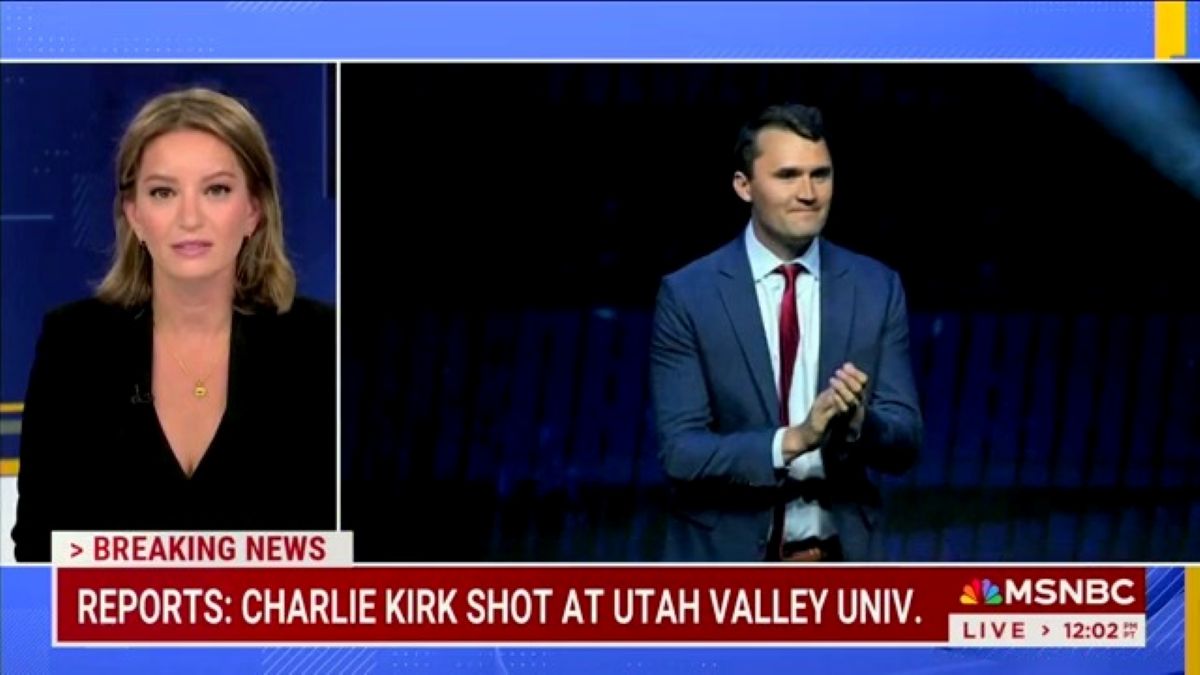Charlie Kirk, the founder of Turning Point USA, was shot at a university event in Utah on September 10, 2025. He was 31 years old and reportedly died from his injuries. The incident occurred during a speech at Utah Valley University, prompting immediate reactions from various media outlets and commentators.
Explainer Charlie Kirk Overview
Kirk's death was confirmed by former President Donald Trump, who issued a statement expressing condolences. The shooting has raised concerns about political violence and the rhetoric surrounding public figures in the current political climate.
In the aftermath of the shooting, MSNBC senior political analyst Matthew Dowd suggested that Kirk's divisive rhetoric may have contributed to the attack. "I always go back to, ‘hateful thoughts lead to hateful words, which then lead to hateful actions,’" Dowd stated, implying that Kirk's statements could have incited violence.
MSNBC correspondent Katy Tur also questioned why Kirk is often labeled as a "divisive" figure, framing the discussion around gun access and Utah's firearm laws. She noted, "You can imagine the [Trump] administration using this as a justification for something," indicating concerns about potential political ramifications following the tragedy.
Critics of the media's response have pointed out that some outlets appeared to focus on Kirk's political affiliations rather than the act of violence itself. NBC News reported the incident with a headline that emphasized Kirk's status as a "right-wing political activist" without mentioning that he had been shot.
The New York Times initially referred to Kirk as a "right-wing influencer" in its live updates but later changed the headline to describe him as a "right-wing activist." Similarly, the Salt Lake Tribune's original headline described the event as a "gunshot fired at UVU speech by right-wing commentator Charlie Kirk," which was later updated to reflect the shooting.
Social media reactions included comments from various commentators, with some mocking Kirk's previous support for the Second Amendment. Daily Kos writer Oliver Willis criticized Kirk's supporters, stating, "the right will give lip service to condemning violence and then pivot to calling for migrants, blacks, women and trans kids to be abused and mistreated."
The shooting has sparked a broader discussion about political discourse and the responsibilities of public figures in shaping that discourse. Supporters of Kirk argue that he has been unfairly targeted by media narratives that seek to undermine his influence and message.
As investigations into the shooting continue, the incident has highlighted the ongoing tensions in American political dialogue and the potential consequences of inflammatory rhetoric.
Why it matters
- Charlie Kirk's death raises alarms about political violence and the impact of divisive rhetoric in today's climate.
- The incident has sparked discussions on gun access and the responsibilities of public figures in shaping discourse.
- Media coverage of the shooting has drawn criticism for focusing on Kirk's political affiliations rather than the violence itself.
What’s next
- Investigations into the shooting are ongoing, with potential implications for discussions on political rhetoric and gun laws.
- Public figures and commentators may face increased scrutiny regarding their influence on political violence following this incident.

